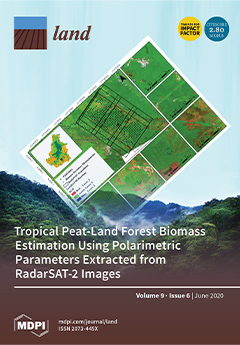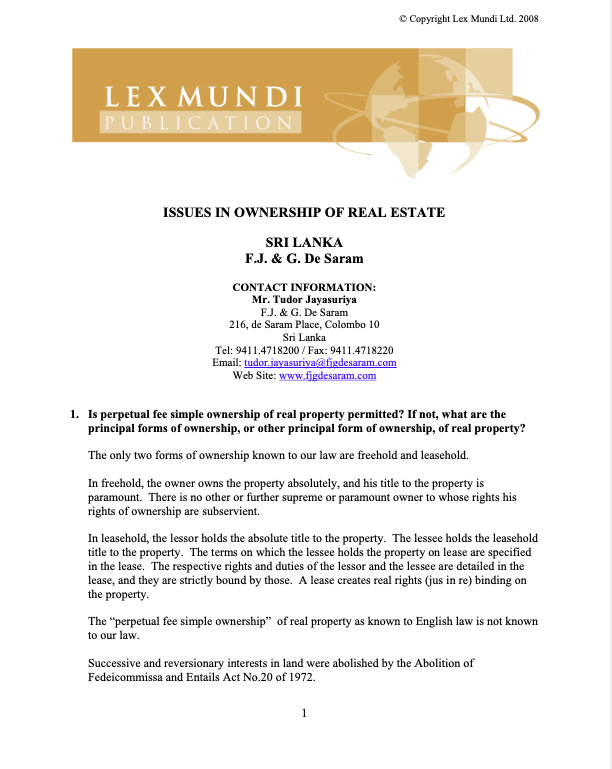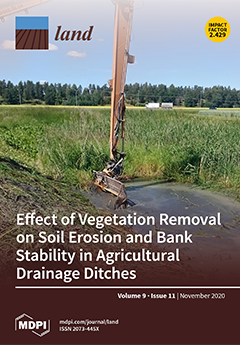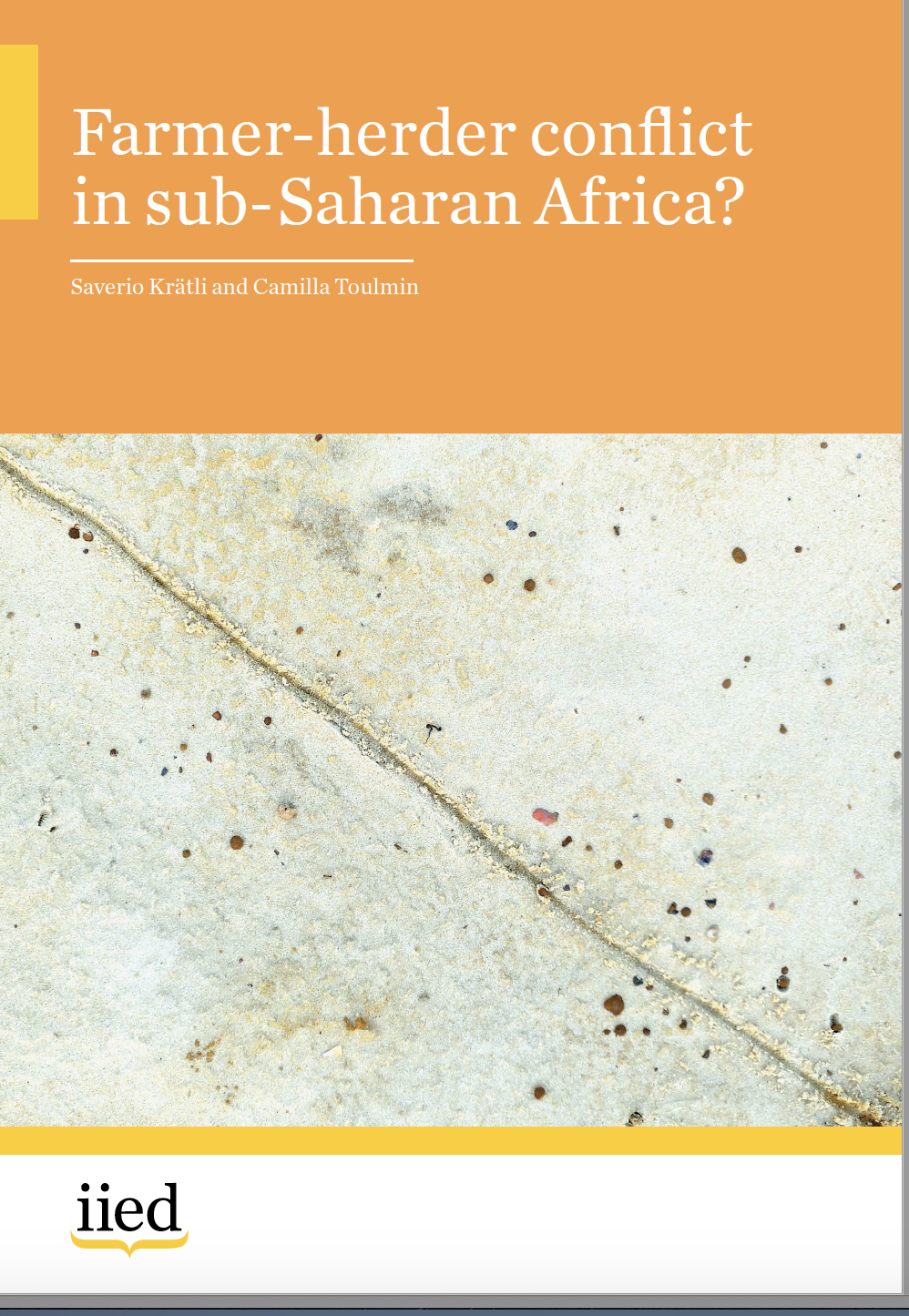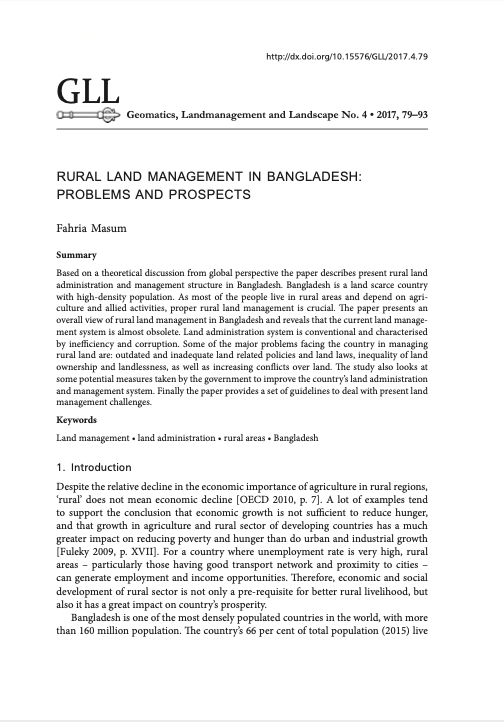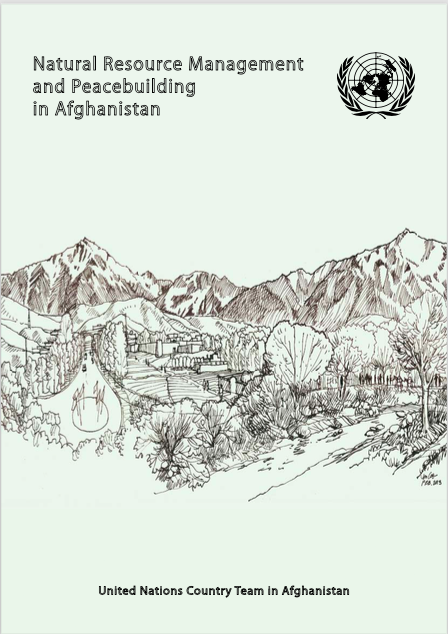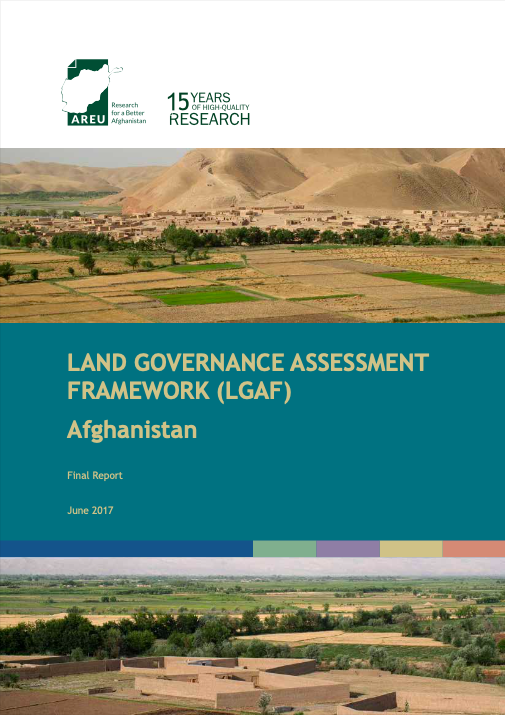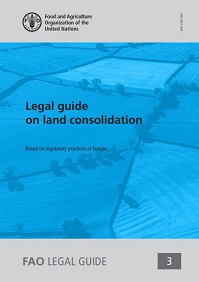A Comparative Analysis of a Detailed and Semi-Detailed Soil Mapping for Sustainable Land Management Using Conventional and Currently Applied Methodologies in Greece
Two soil mapping methodologies at different scales applied in the same area were compared in order to investigate the potential of their combined use to achieve an integrated and more accurate soil description for sustainable land use management. The two methodologies represent the main types of soil mapping systems used and still applied in soil surveys in Greece. Diomedes Botanical Garden (DBG) (Athens, Greece) was used as a study area because past cartographic data of soil survey were available.


